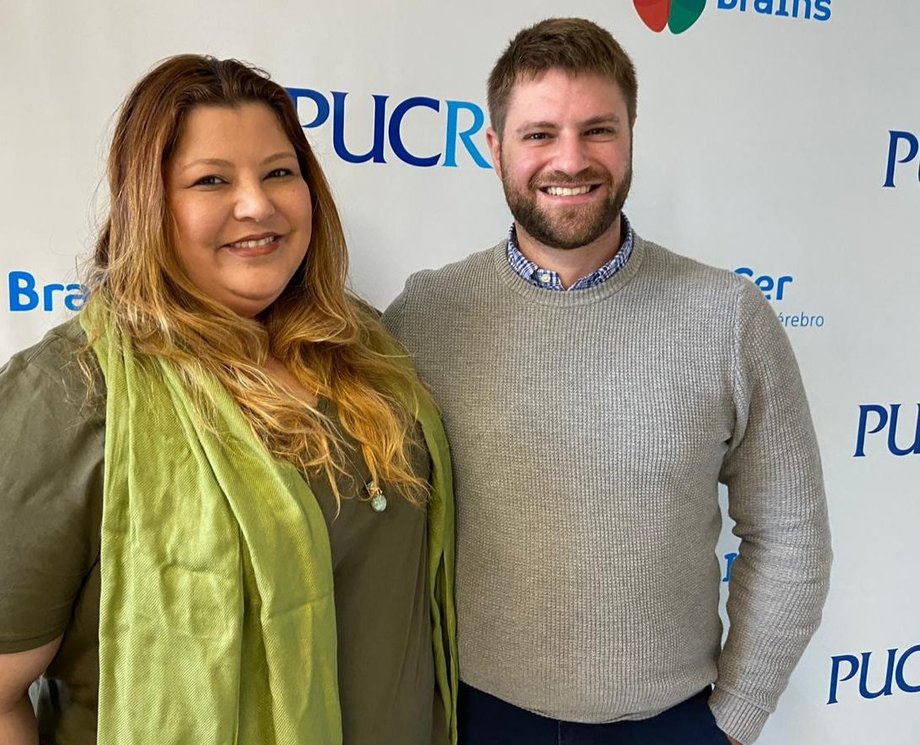Survey in Brazil observes drop in imaging tests
Three months after the start of the pandemic, patients are still reluctant to return to imaging. This is one of the results of a survey carried out by the Nuclear Medicine service of the Instituto do Cerebro do RS. They analyzed about 100 imaging exam clinics across Brazil and found that in the first month of the pandemic, in March, the drop in nuclear medicine services was 80%.
“The cardiac area was the most affected because it accounts for the majority of conventional nuclear medicine exams (those that are not PET / CT)”, says Diego Pianta, a nuclear doctor at the Brain Institute and one of the authors of the research with Dr. Cristina Matushita, coordinator of the Nuclear Medicine service of the Institution and scientific director of the Brazilian Society of Nuclear Medicine.
The area of nuclear medicine covers scintigraphy exams (myocardial, bone, brain, lung, kidney, thyroid…), treatments for thyroid diseases, treatment of prostate cancer and oncological, neurological and cardiological PET / CT.
In the third month of the pandemic, in June, there was a reduction in the sharp fall curve, but still it was found that at least 50% of all services in the area decreased. “Some even had to close their doors,” notes Pianta.
Among the inputs needed to perform the tests, an initial drop in the availability of iodine-131, gallium-67, generator and radiopharmaceutical kit was also observed, having stabilized in the last month, except for iodine-131 and FDG , which are still scarce, especially in the northeast of the country.
The reflection of these numbers worries specialized doctors, since it exposes the lack of continuity of many patients in their treatments.
“Leaving to do the tests afterwards can be crucial in the sense of wasting the right time to correct a myocardial ischemia, for example, before the patient has a heart attack, or even to control a cancer. The sooner the worsening of a condition is discovered, the greater the chances of recovery ”, concludes Pianta.


